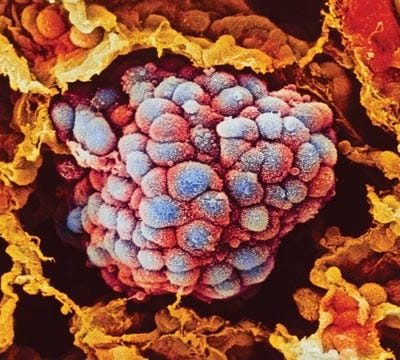A groundbreaking study by the US National Cancer Institute has found that lung cancer in non-smokers is primarily caused by internal processes rather than external factors. The research, published in Nature Genetics, analysed the tumour cells of 232 non-smokers with lung cancer and identified three distinct subtypes of the disease. The first, known as “Piano”, is characterised by slow growth and few mutations, while the other two, “Mezzo-Forte” and “Forte”, grow more quickly and have more extensive mutations. The study’s authors believe that the findings will lead to better early detection and targeted therapies for non-smokers with lung cancer.
Lung cancer is one of the most common forms of cancer worldwide, with around two million people diagnosed each year. While smoking and air pollution are known to be major causes of the disease, between 10% and 20% of lung cancer cases occur in people who have never smoked and are not exposed to significant levels of pollutants. Until now, the medical community has been unable to determine the causes of lung cancer in these individuals. However, the new study has found that the disease is primarily caused by internal processes such as DNA damage and inadequate repair mechanisms.
The study’s authors identified three distinct subtypes of lung cancer in non-smokers, each with different mutation patterns and growth rates. The “Piano” subtype is characterised by slow growth and few mutations, while the “Mezzo-Forte” and “Forte” subtypes grow more quickly and have more extensive mutations. The authors believe that the findings will lead to better early detection and targeted therapies for non-smokers with lung cancer.










